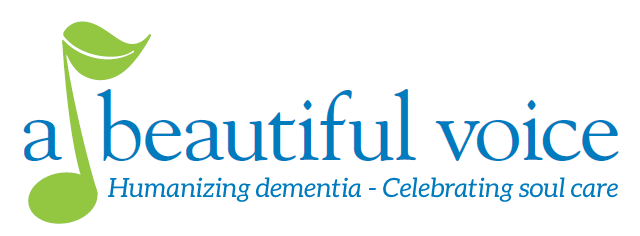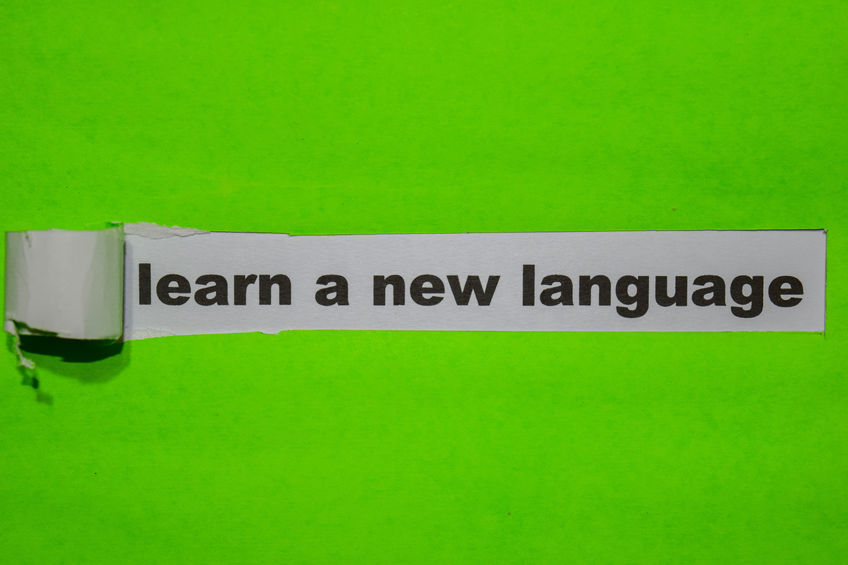Being conscious | Words matter
The words we choose and the language we use in talking about dementia matter in the lives of individuals living with dementia and their families. Our words and our language can show understanding and acceptance – or they can contribute to ongoing stigma, discrimination, and oppression.
According to the Alzheimer Society of Canada, the language used to describe dementia has, historically, focused on the losses of the person living with dementia. “This negativity has contributed to the development and persistence of stereotypes and approaches to care that focus on weakness rather than strength … on illness rather than wellness … and on victims rather than whole persons.”
Our responses then impact how others think about dementia. And they, then, contribute to the pervasive stigma and discrimination known to people living with dementia and their caregivers.
Canadian Guidelines – from Alzheimer Society of Canada
In 2017, Alzheimer Society of Canada established guidelines for use by anyone involved in caring for people living with dementia. These guidelines have been reviewed by people living with dementia.
It is a goal that the words which they prefer to be used about their condition will lead to the use of language which demonstrates respect and avoids using labels and medical terms.
Being conscious | Showing respect
We are all encouraged to share the Guidelines with others – and to use them. By using the “new language” found in these guidelines, we can begin to deal with the pervasive stigma surrounding dementia.
The guidelines to promote this culture change can be found here, titled “Person-Centred Language Guidelines” – and presented in two formats.
“When we know better, we do better.” – Maya Angelou
Source of “Person-Centred Language Guidelines”: Alzheimer Society of Canada https://alzheimer.ca/en/Home
Author: Susan Troyer


